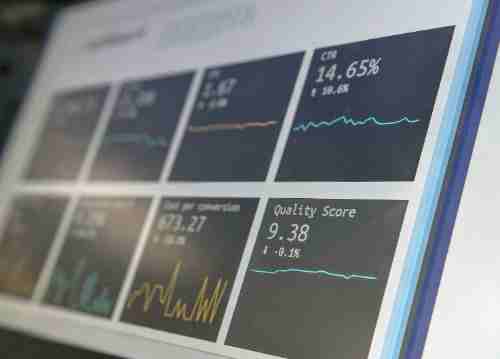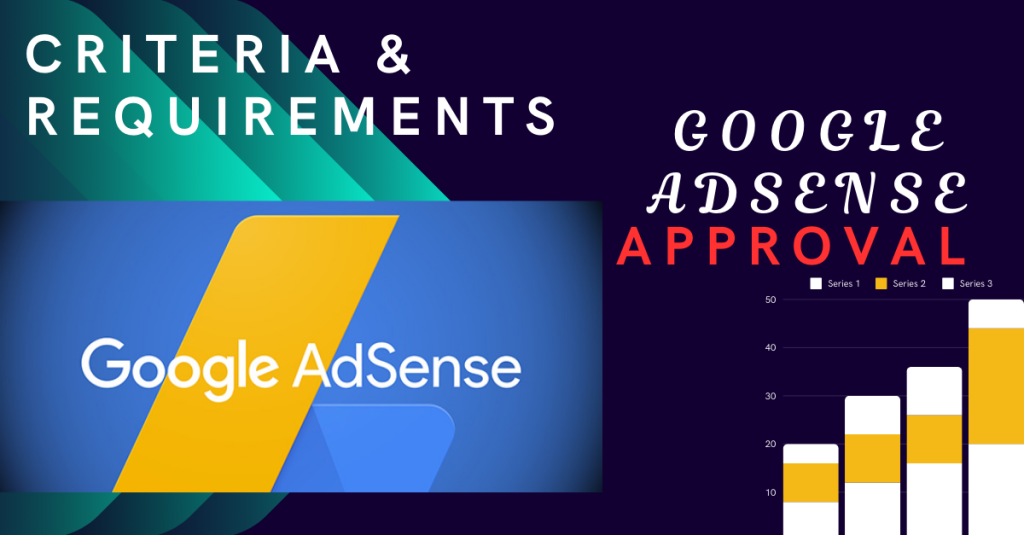In today’s digital world, marketing strategies have evolved to include a variety of online tactics, each with its own unique benefits. Two of the most prominent methods are social media marketing and digital marketing. While these terms are often used interchangeably, they refer to distinct concepts with different approaches. In this article, we’ll break down the key differences between social media marketing and digital marketing, helping you understand which strategy is best suited for your business.

What is Digital Marketing?
Digital marketing is an umbrella term that encompasses all marketing efforts conducted through digital channels. These channels include websites, search engines, email, mobile apps, and more. The goal of digital marketing is to connect with potential customers where they spend their time—online.
Key components of digital marketing include:
1. Search Engine Optimization (SEO): Optimizing a website to rank higher in search engine results.
2. Pay-Per-Click Advertising (PPC): Running ads on platforms like Google Ads, where you pay for each click on your ad.
3. Content Marketing: Creating and distributing valuable content to attract and engage an audience.
4. Email Marketing: Sending targeted emails to nurture leads and retain customers.
5. Affiliate Marketing: Partnering with other businesses or influencers to promote your products or services.
6. Mobile Marketing: Engaging customers via mobile devices through apps, SMS, and more.
What is Social Media Marketing?
Social media marketing is a subset of digital marketing that focuses specifically on using social media platforms to promote products, services, or brands. This strategy involves creating content tailored for social networks like Facebook, Instagram, Twitter, LinkedIn, and TikTok, where businesses can engage directly with their audience.
Key components of social media marketing include:
1. Content Creation: Developing posts, videos, images, and stories that resonate with your target audience.
2. Community Engagement: Interacting with followers, responding to comments, and building relationships.
3. Social Media Advertising: Running paid campaigns on social media platforms to increase reach and visibility.
4. Influencer Partnerships: Collaborating with social media influencers to promote your brand.
5. Analytics and Monitoring: Tracking performance metrics to optimize social media efforts.
Which Strategy is Right for Your Business?
Choosing between social media marketing and digital marketing depends on your business goals, target audience, and resources.
–Use Social Media marketing if: Your target audience is active on social media, and you’re looking to build brand awareness, engage with customers, and create a community. This strategy is ideal for brands that thrive on visual content and customer interaction.
–Use Digital Marketing if: You want a more comprehensive approach that covers multiple online channels. This is essential for businesses looking to drive traffic to their website, improve search engine rankings, and utilize email or mobile marketing as part of a larger strategy.
While social media marketing and digital marketing share similarities, they serve different purposes within a brand’s overall strategy. Understanding these differences is crucial for implementing the right tactics that align with your business objectives. Whether you choose to focus on social media or a broader digital marketing approach, both strategies can effectively help your business grow in today’s competitive online environment.





